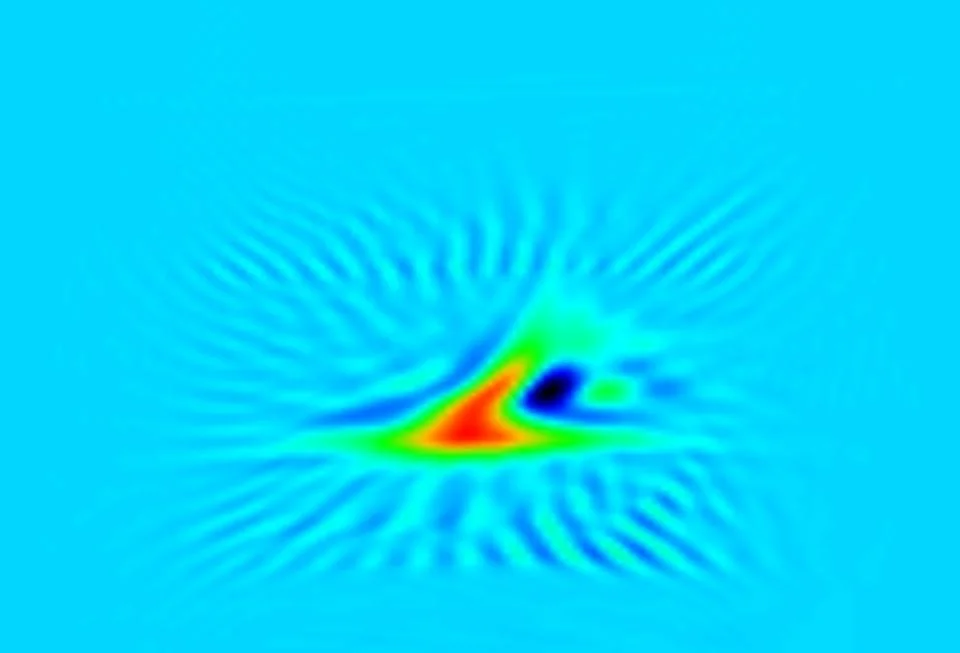Projects
Small insights into Big ideas.
Some of the JOMOPANS team members during our Feburary 2020 meeting in Copenhagen.
JOMOPANS
An Interreg, North Sea Region Project, the aim of the Joint Monitoring Programme for Ambient Noise North Sea (JOMOPANS) is to develop a fully operational framework for the North Sea. Output will be the tools necessary for managers, planners and other stakeholders to incorporate the effects of ambient noise in their assessment of the environmental status of the North Sea, and to evaluate measures to improve the environment.
DASBR Diagram
DASBR
The Drifting Acoustic Spar Buoy Recorder (DASBR) was developed at Southwest Fisheries Science Center in La Jolla, CA. These drifting recorders can be left at sea for months, unmanned, letting the suspended 2-element hydrophone array ~100 m deep capture communications between all swimmers-by. Outside of the catatophy of dolphin clicks and whistles, DASBRs are well suited to record beaked and sperm whale clicks and some blue and humpback whale calls.
The 'sorting hat' click - Stejneger's beaked whale (Mesoplodon stejnegeri).
Beaked whale click identification
Beaked whales are a notoriously difficult group of animals to study. For a fresh squid meal they dive deep, averaging 1000 meters. They spend minimal time milling about at the surface and are perhaps prone to avoid human activity, like research vessels. Due to their evasive behavior, traditional visual survey techniques are not ideal for estimating their abundance and distrubtion. However, recent research shows each species of beaked whale likely produces a species-specific echolocation click (see studies by Baumann-Pickering et al.). These clicks are short upsweeps which vary in peak frequency and spectral structure. This makes passive acoustic monitoring techiniques ideal for beaked whale monitoring
Flight call from an American Redstart (Setophaga ruticilla).
Migratory Nocturnal flight calls
Migration is a difficult task. During the night passerine birds such as warblers, sparrows and thrushes make their way from feeding grounds in the south to breeding and nesting grounds in the north. Flocking with conspecifics is an important survival tactic. Each species has a distinct flight call it produces to help maintain flock cohesion using intra- and interspecific communication.
Extendible EAR
Cedar Key Dolphin Project
A resident bottlenose dolphin (Tursiops truncatus) in Cedar Key, FL.
Starting in 2001, Stefanie Gazda began studying the resident dolphin population around Cedar Key, Florida, and their highly specialized feeding behavior. We are attempting to add passive acoustic monitoring to her study, but Cedar Key waters are rarely deeper than 1-2 meters. Using a Raspberry-Pi, I developed the Extendible Ecological Acoustic Recorder (Extendible EAR). This project is currently in development.





